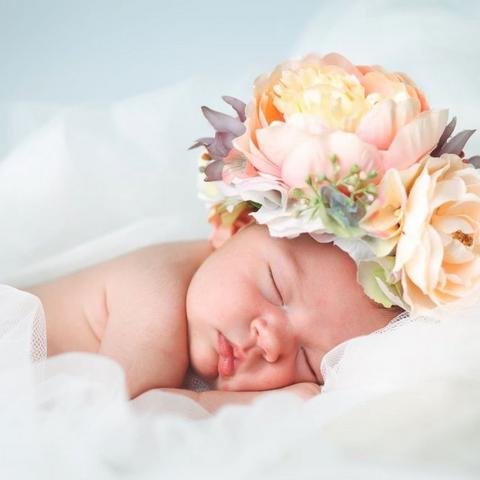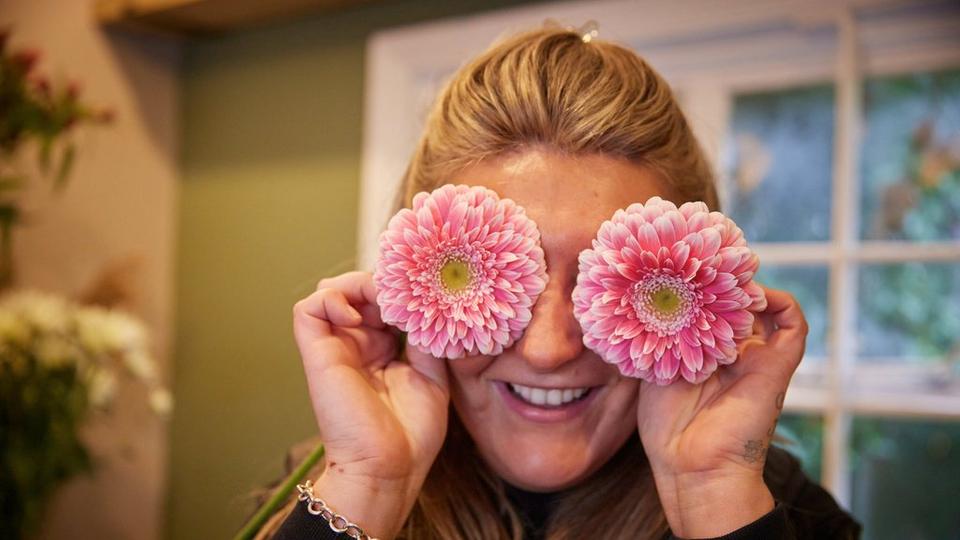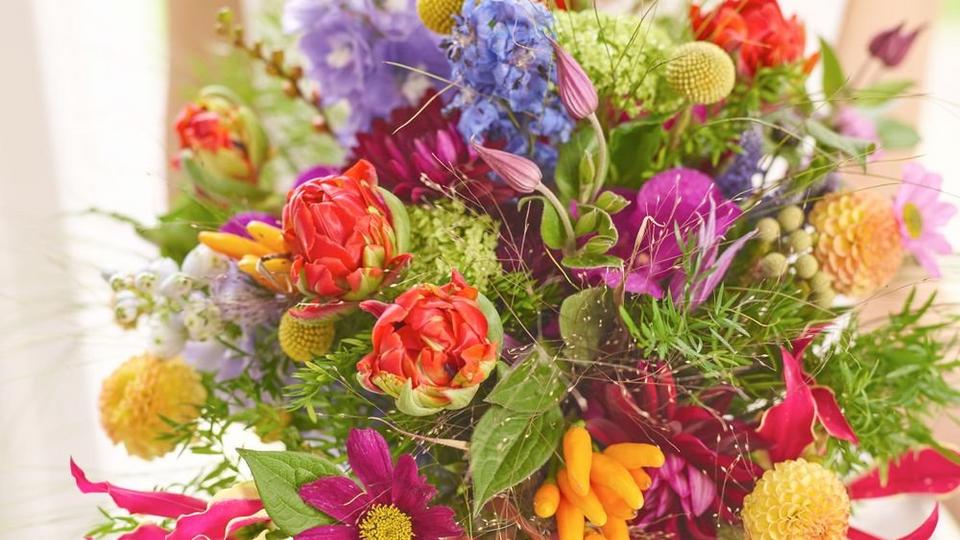Welcome to our blog
We've dug through our books on floriography and created an all-you-need-to-know guide on flowers for new babies.
Can’t wait until peony season to get your flower fix? Here are ten of our favourite flowers that look like peonies to help you through.
Discover unique celebrations and understand the meaning of Mother's Day across the world with Interflora.
Whether you’ve scored a jaw-dropping bouquet for a big occasion or decided to treat yourself, learn how to keep those roses fresh with our handy guide
Thanks for stopping by and welcome to our floral hub. We’ve got oodles and oodles of inspirational (and smile-inducing) content just waiting to be discovered. From helpful hints and tips from our artisan florists to gift-giving etiquette and exciting collabs there’s so much to get stuck into you’d better stick the kettle on. Need a flower delivery? We can help with that too. Just click the shop now button at the top of the page and we’ll introduce you to some gorgeous blooms.
Looking for thoughtful words to mark your special day? look no further, here are a few traditional anniversary messages that stand the test of time.
We caught up with Steve Betts one of our incredibly talented florists in Birmingham to talk all about spring flowers.



-BANNER.jpg?$poi-square$&%24poi-square%24=&fmt=auto&qlt=default&fmt.jp2.qlt=60&bg=%23FFFFFF&w=480&img404=not-available)
-header.jpg?$poi-square$&%24poi-square%24=&fmt=auto&qlt=default&fmt.jp2.qlt=60&bg=%23FFFFFF&w=480&img404=not-available)
.jpg?$poi-square$&%24poi-square%24=&fmt=auto&qlt=default&fmt.jp2.qlt=60&bg=%23FFFFFF&w=480&img404=not-available)



.jpg?$poi-square$&%24poi-square%24=&fmt=auto&qlt=default&fmt.jp2.qlt=60&bg=%23FFFFFF&w=480&img404=not-available)
